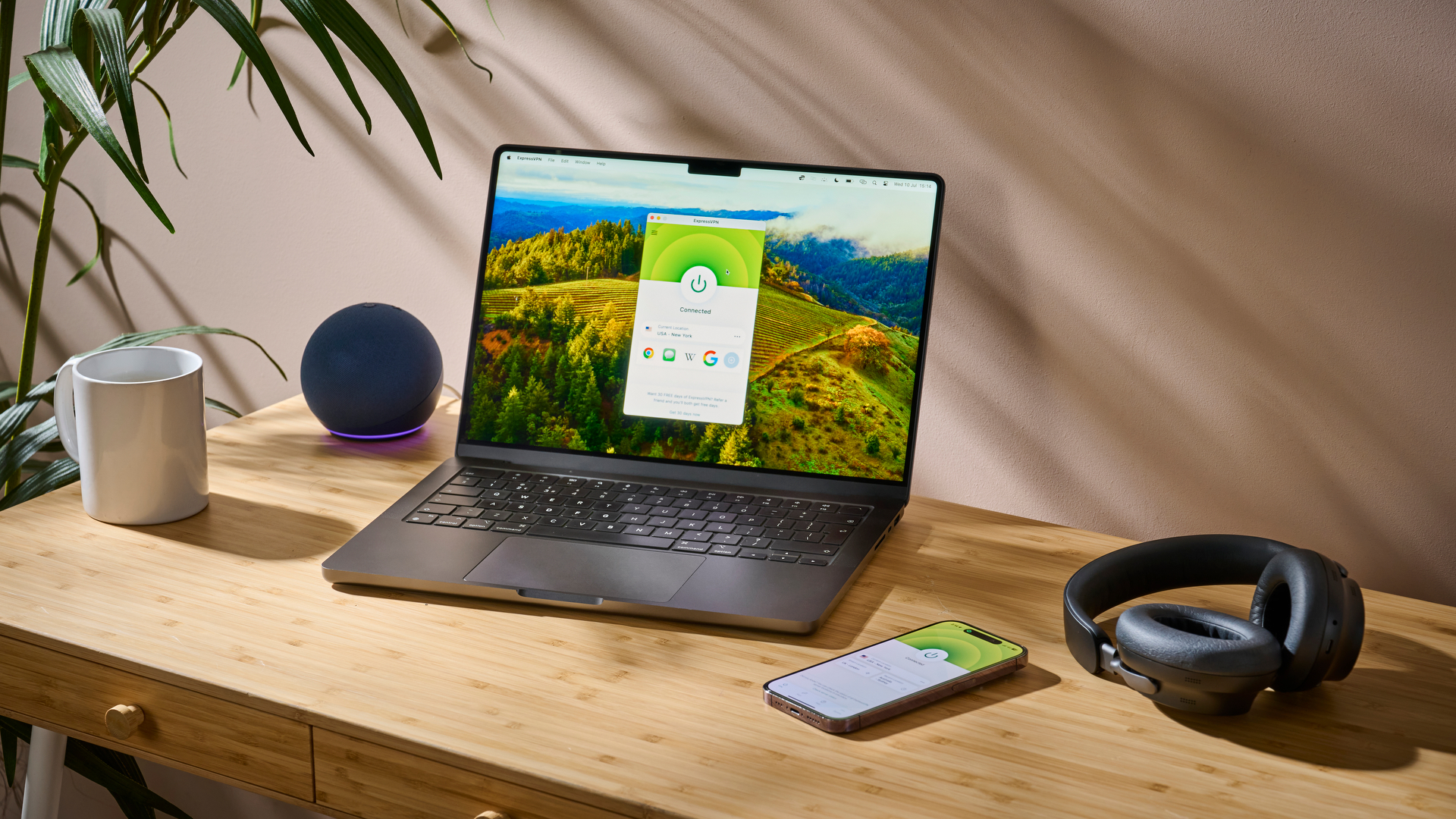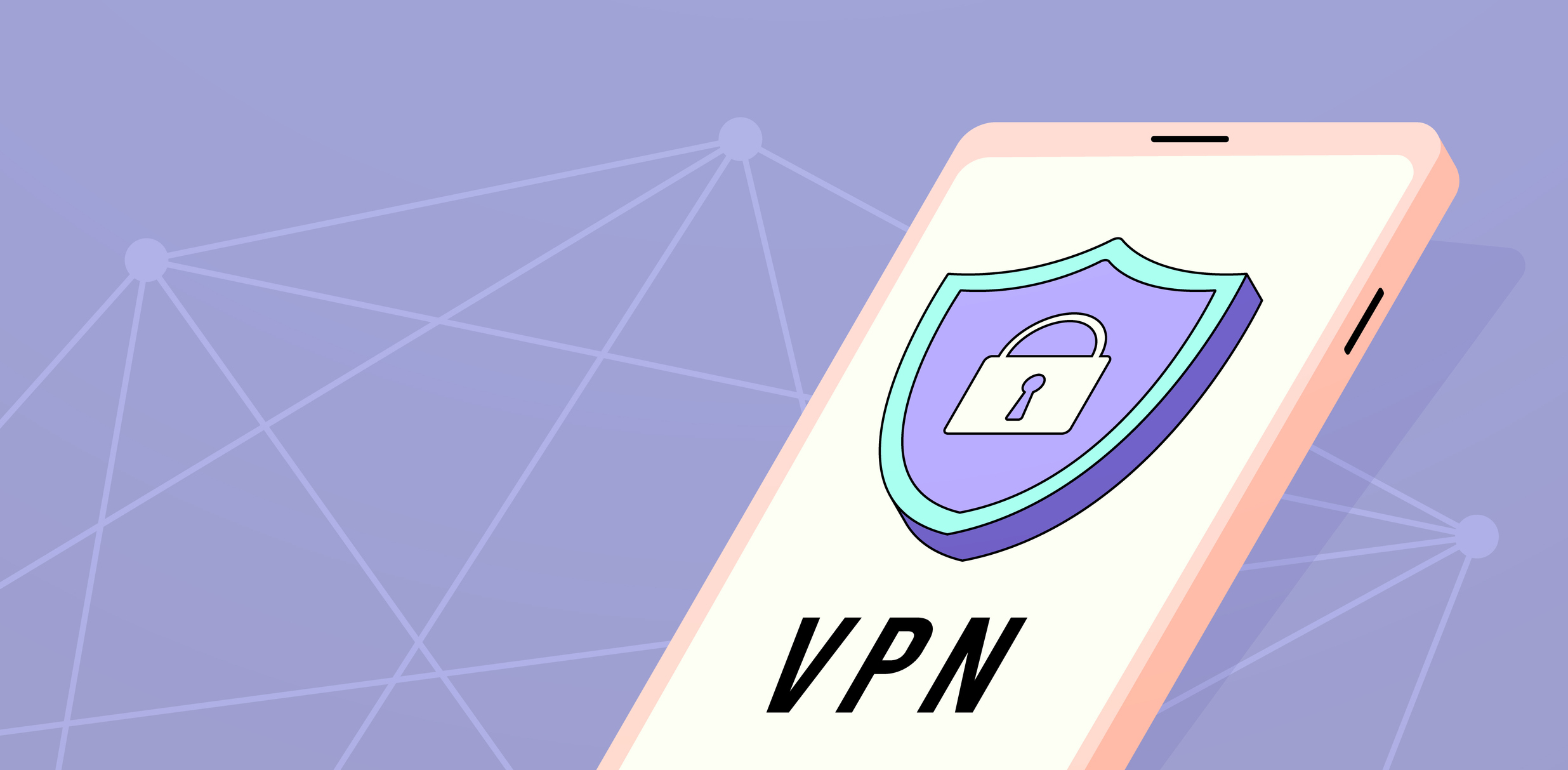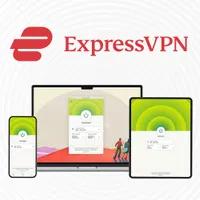4 reasons why ExpressVPN is still the most secure VPN
Serious about your digital security? So is ExpressVPN

It's that time of year – we've just wrapped up our latest round of VPN testing and the results are in. ExpressVPN is a constant contender for the best VPNs on the market today and a stellar option if you're concerned about your data privacy.
In fact, ExpressVPN claims the top spot in our overall secure VPN rankings by going above and beyond to keep your browsing traffic safe.
ExpressVPN is on the pricey side, however, but what you're getting in return is a user-friendly VPN that packs rock-solid security. Read on and I’ll give you four reasons why ExpressVPN should be your top choice if you’re prioritizing security.
ExpressVPN – from $5.32 per month
The best secure VPN
ExpressVPN combines industry-leading security features with a no-nonsense approach to VPNs that’ll have you set up and browsing in seconds. ExpressVPN has futureproofed its VPN protocols with advanced encryption that won't crumble against quantum computing and, combined with a strict no-logs policy audited by several third parties you can be sure that your data is in safe hands. Best of all, when you sign up for ExpressVPN, a 30-day money-back guarantee gives you plenty of time to test its features before committing to a subscription.
Reason #1: non-stop audits
For me, this is the clearest indication of how you can trust how ExpressVPN handles user data. The service doesn't just ask you to believe its privacy promises – it demonstrates a commitment to transparency through regular independent audits across different aspects of the company with multiple specialist auditors.
As of May 2024, ExpressVPN has undergone 18 audits, making it one of the most thoroughly tested VPNs in the industry.
These audits don't just show that ExpressVPN's no-logs policy is valid, either. They touch on every part of the product you can think of, from analyzing the security of the client apps you use to ensuring that the custom protocol Lightway that ExpressVPN uses to encrypt your data is up to scratch.
Frankly, there are very few VPN services out there that can match ExpressVPN's auditing schedule
ExpressVPN most recently employed Cure53, a leading cybersecurity firm, to audit its browser extensions. Cure53 reported a clean bill of health except for a single issue that allowed a malicious website to access your real location despite the "Spoof Your Location" feature ExpressVPN offers. This has since been fixed as a result of the audit.
Frankly, there are very few VPN services out there that can match ExpressVPN's auditing schedule. What you'll learn from looking back over ExpressVPN's auditing history is that it has consistently demonstrated that it doesn't collect or monetize personal data. As far as no-logs policies go, ExpressVPN has one of the most thoroughly documented ones out there.
So, if you're looking for a VPN but worried about your personal data being analyzed and sold off to third-party marketing companies, give ExpressVPN some of your consideration. You won't regret it.
Reason #2: a proprietary protocol
Some eagle-eyed readers out there may have noticed that I've already referred to this one. That's right, as well as providing the well-tested OpenVPN and IKEv2 protocols, ExpressVPN also gives you the option of using its in-house VPN protocol, Lightway.
So, this sounds great in theory, but what does Lightway offer that OpenVPN and IKEv2 don't? After all, both of these protocols are battle-tested and trusted by millions of users worldwide.
Well, Lightway was built from the ground up to solve some of the common issues you'll run into using other protocols.
For a start, it's designed with mobile platforms in mind. Not only does it take up significantly less battery life compared to OpenVPN, but it's also way faster at switching between Wi-Fi and mobile data so you won't encounter as many connection dropouts when you're on the go.

Today's top VPNs typically offer a number of protocols. Want to learn more about them? Just head on over to our VPN protocol explained.
It's also worth mentioning that Lightway is open-source, which allows independent experts to review and verify its code. This level of transparency is absolutely essential for any proprietary VPN protocol – without it, there's no way to judge if Lightway is fit for purpose.
OpenVPN is most likely going to remain the gold standard for VPNs for a long time to come. It's highly compatible and comes with an absolute boatload of features for enterprise use, so it shouldn't come as any surprise that it’s the go-to choice for most VPN providers. That said, Lightway is already a strong competitor that offers superior connectivity and a significantly smaller resource footprint.
It'll be interesting to see how the competition plays out in the years to come, but I don't see OpenVPN going away any time soon.
Reason #3: rock-solid encryption
ExpressVPN's encryption standards are second to none. The service uses AES-256 encryption to encrypt your data in transit alongside 4096-bit RSA to distribute the keys that power your encrypted VPN tunnel.
These are the same standards of encryption used by governments and financial institutions worldwide, ensuring that your data remains safe from prying eyes.
As if that wasn't enough, ExpressVPN's key exchange algorithm also uses 1000-dimension ML-KEM alongside RSA. In plain English, this means that ExpressVPN isn't just protected against current attacks on its encryption – it's also prepared against attacks using quantum computers (which won't be feasible for years to come).

The post-quantum encryption standards have landed – here's what it means for VPNs (and your digital privacy).
Even if a hacker is able to capture your session keys somehow and decrypt your traffic, ExpressVPN's encryption has a property called Perfect Forward Secrecy (PFS).
Without getting too deep into how it works, PFS ensures that each time you connect to ExpressVPN you use a different key to secure your traffic for that browsing session. This means that even if one of your keys is compromised, it won't affect the privacy of any of your other sessions.
All of this advanced encryption runs on top of ExpressVPN's TrustedServer technology. Unlike many other VPNs, ExpressVPN's servers run entirely on RAM, meaning they don't retain any data after each reboot. This RAM-only setup eliminates the possibility of data being stored long-term, ensuring an extra level of security that only the top providers can offer.
TrustedServer ensures that any information is wiped with every server restart, making data leaks virtually impossible even if their servers are seized by law enforcement or particularly brazen hackers.
Reason #4: privacy-boosting add ons
That's not all. ExpressVPN does the core security stuff very well, but it also offers several extra tools that can take your privacy to the next level.
First, there's ExpressKeys – ExpressVPN’s custom-built password manager. It's available for iOS, Android, and Chrome, and free with an ExpressVPN subscription.
Parental controls add to ExpressVPN's value as a family-friendly option
Using a password manager can significantly reduce your risk of getting hacked. Taking advantage of password reuse is one of the easiest ways for a hacker to compromise your accounts, after all, so it's important to generate strong, unique passwords for everything that you log into online.
Then there's the parental control feature built into each VPN app ExpressVPN offers. Essentially, when you turn it on, it enables a blocklist (maintained by ExpressVPN) which prevents access to inappropriate adult sites or potentially dangerous websites.
There's a decent level of granularity here, as you're able to turn off ads separately, as well as potentially malicious links and tracker sites, giving parents peace of mind when their kids are browsing the web. This can help create a safer online environment for younger users, adding to ExpressVPN's value as a family-friendly option.
All of these blockers work at the DNS level, stopping requests to and from these sites from ever accessing your computer. This takes some of the strain off your browser-level ad-blocker, freeing up resources and speeding your overworked browser up a little bit.
Bottom line
ExpressVPN is an industry leader when it comes to security and innovation. Its regular audits, proprietary protocol, robust encryption, and bundled privacy tools all add up to a VPN provider that takes security seriously and can show it.
Few providers out there right now are going the extra mile to match ExpressVPN's commitment to transparency and security, making it an excellent option if you need a VPN provider you can trust with your digital life.
This is in addition to its great speeds and unblocking capabilities, too, so if you’re not convinced yet, check out the 30-day money-back guarantee and try it for yourself risk-free.

Sam Dawson is a cybersecurity expert who has over four years of experience reviewing security-related software products. He focuses his writing on VPNs and security, previously writing for ProPrivacy before freelancing for Future PLC's brands, including TechRadar. Between running a penetration testing company and finishing a PhD focusing on speculative execution attacks at the University of Kent, he still somehow finds the time to keep an eye on how technology is impacting current affairs.
